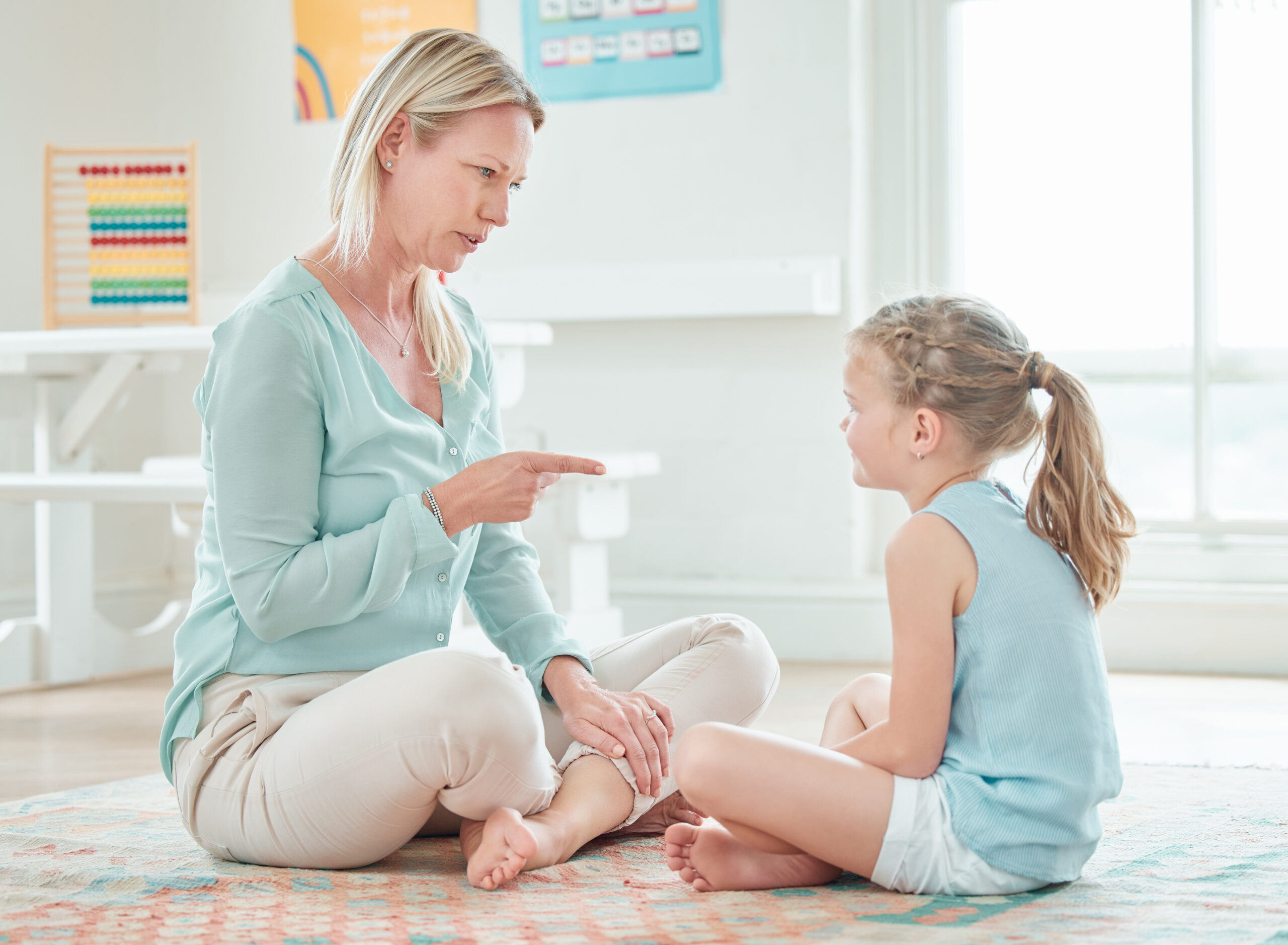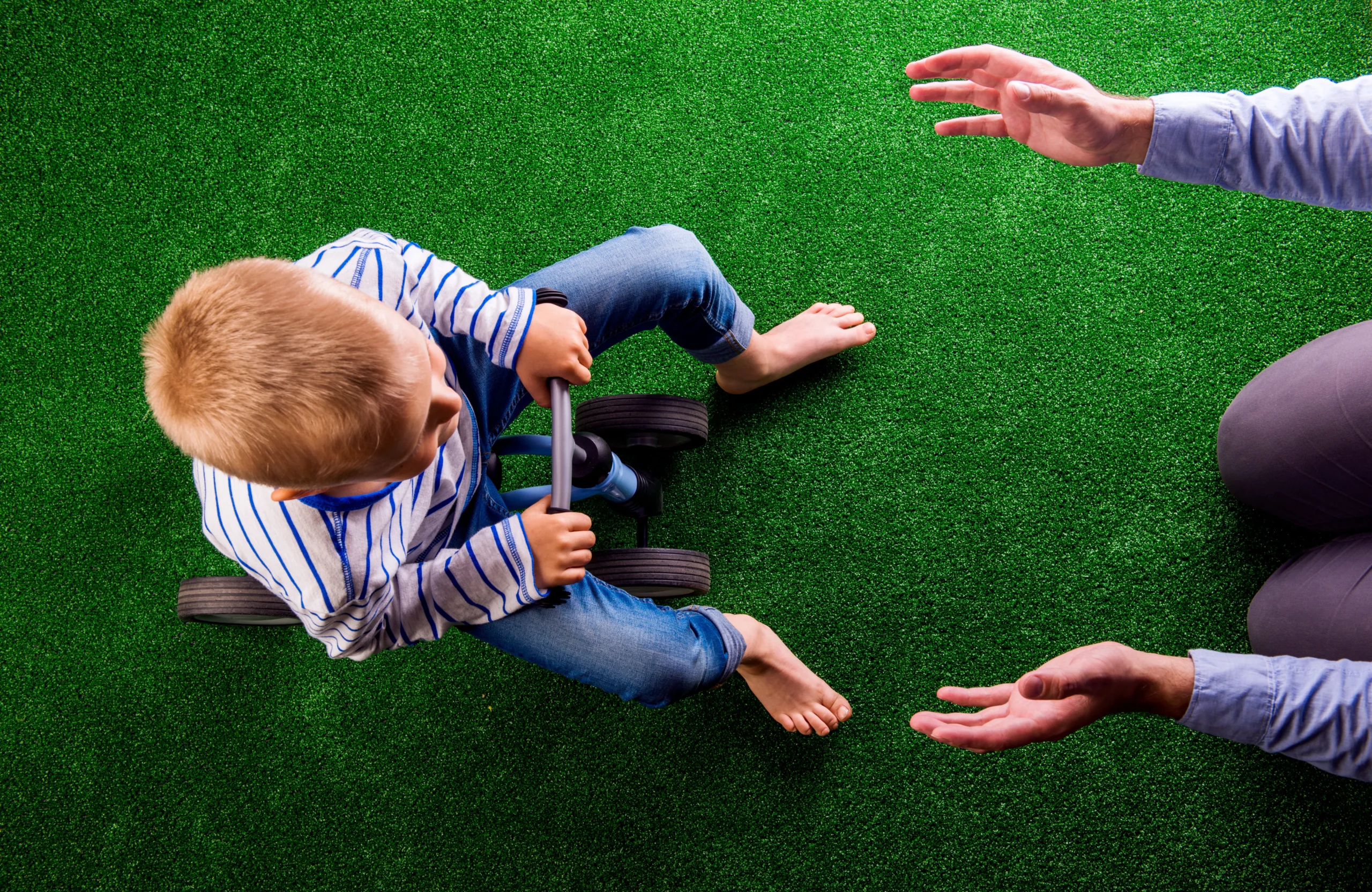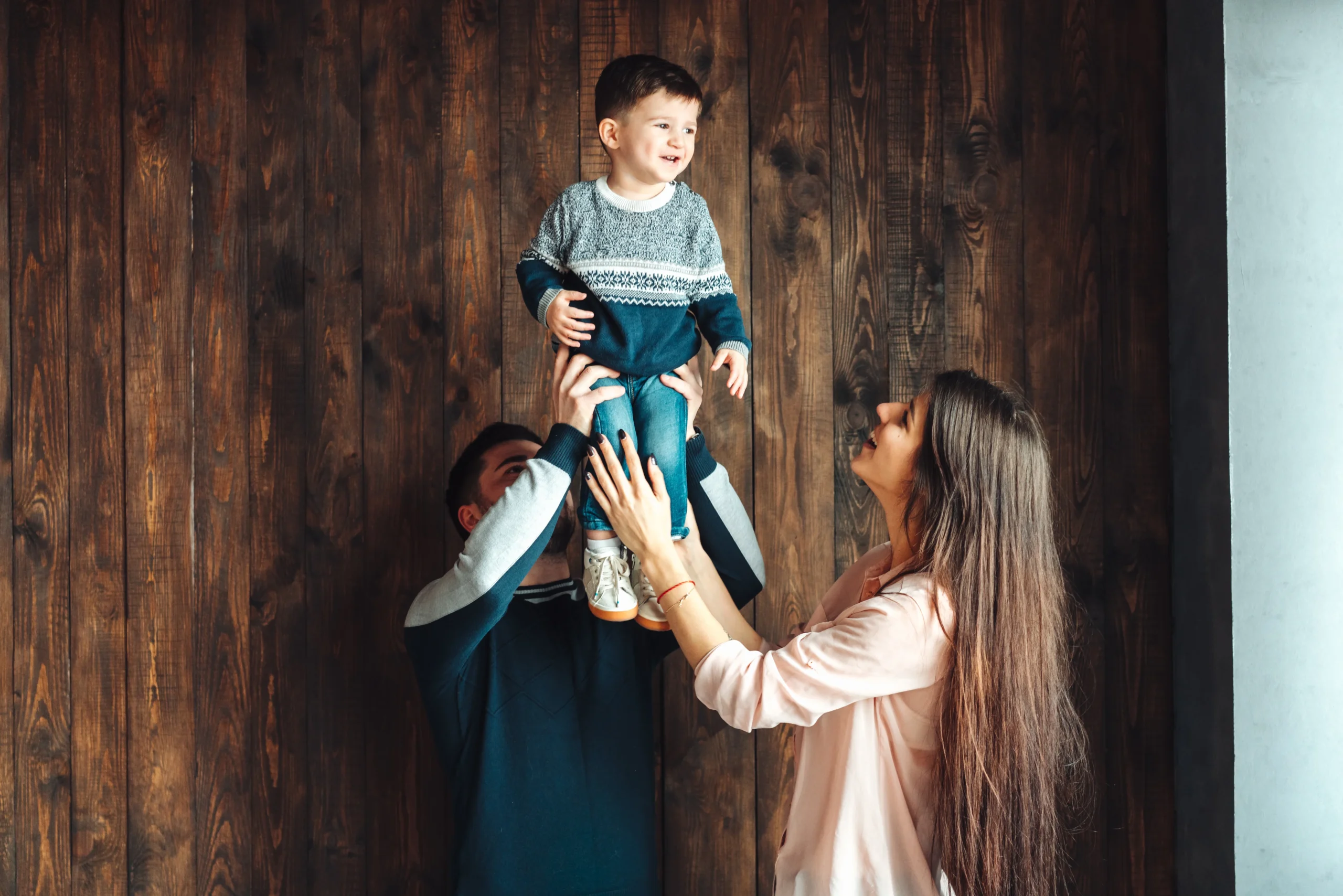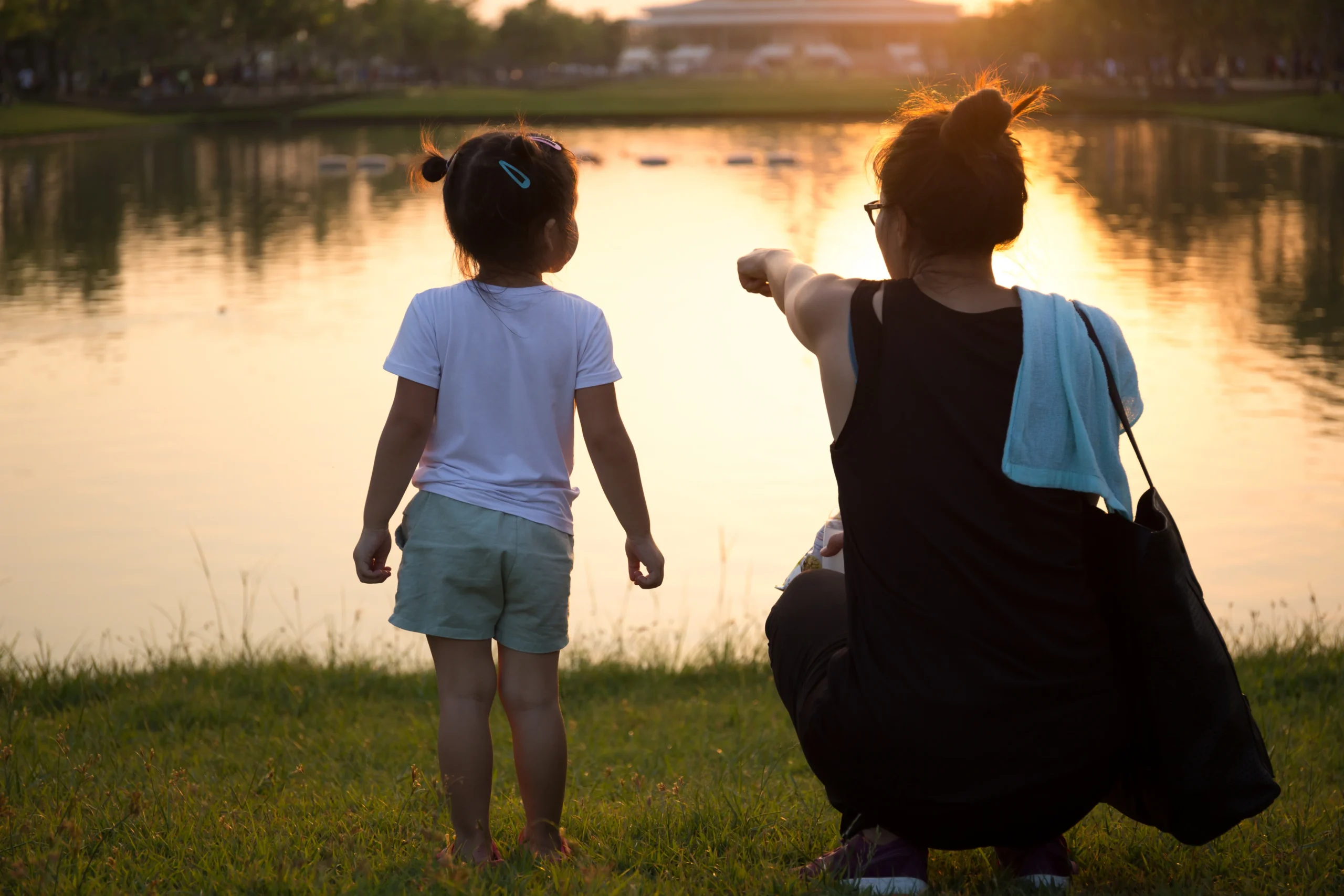As a Child Development Specialist, I’ve had countless parents sit across from me and whisper the same fear: “I don’t want to be harsh, but I don’t know what else works.” It’s a vulnerable confession—and one that many of us can relate to. The good news? You don’t need punishments to teach your child effectively. In fact, positive discipline strategies for toddlers and older children offer a more compassionate, connected, and science-backed path forward.
Positive discipline isn’t permissiveness. It’s structure with empathy. It’s about teaching children how to behave, rather than punishing them for missteps. Here’s how.
1. Connection Before Correction
The heart of mindful parenting is presence. Children are more likely to cooperate when they feel seen, heard, and safe. That’s why connection must come before correction. Think of positive discipline as a long-term strategy for relationship-building, not short-term compliance.
Instead of yelling “Stop that!” try using Active Listening Parenting tools like, “I see you’re frustrated. Let’s figure this out together.” This approach promotes Emotional Regulation Kids need to thrive—teaching them that all feelings are welcome, but not all behaviors are okay.
2. Set Clear, Consistent Boundaries
Positive discipline is firm and kind. It’s not about letting children do whatever they want—it’s about offering age-appropriate boundaries in a way that still honors their dignity.
Try creating visual routines for Toddler Activities, or hosting regular Family Meetings to discuss household rules collaboratively. These practices not only make expectations clear but foster a sense of autonomy and responsibility—both key components of Holistic Child Development.
When you shift from punishing to teaching, children feel less shame and more motivation to cooperate. And you, as the conscious parent, feel more confident and connected.
3. Model What You Want to See
Children learn more from what we do than what we say. That’s why practicing Nonviolent Communication and showing emotional self-regulation in our own reactions is so essential. If we want children to speak respectfully, we must model it. If we want them to apologize sincerely, we must do the same.
This isn’t always easy. But embracing conscious co-parenting means reflecting on our own upbringing and being intentional about the behaviors we pass on. The more aware we become of our triggers, the easier it is to respond with grace and not reactivity.
And when mistakes do happen? Use them as learning moments. Positive discipline encourages repair over punishment, growth over guilt.
Real-Time Research: Why This Matters
According to a 2022 study by the American Academy of Pediatrics, children exposed to consistent positive discipline strategies demonstrate 40% fewer behavioral issues and stronger executive functioning than those subjected to punitive methods.
When parents learn how to implement conscious parenting techniques at home, children gain long-term skills in empathy, decision-making, and conflict resolution.
Conclusion: Discipline as a Teaching Tool
If discipline means “to teach,” then let’s teach with love. Let’s give our children tools, not threats. Let’s raise future adults who know not just what to do, but why it matters.
Tip: The next time your child acts out, try a “cool-down moment” rather than a timeout. Sit with them. Name their feelings. Co-regulate. You’ll be surprised how quickly connection becomes the greatest corrector.Don’t forget to follow us on Instagram, and YouTube for more insights and expertise.
For the latest news and updates, click here to view our recent press releases.






